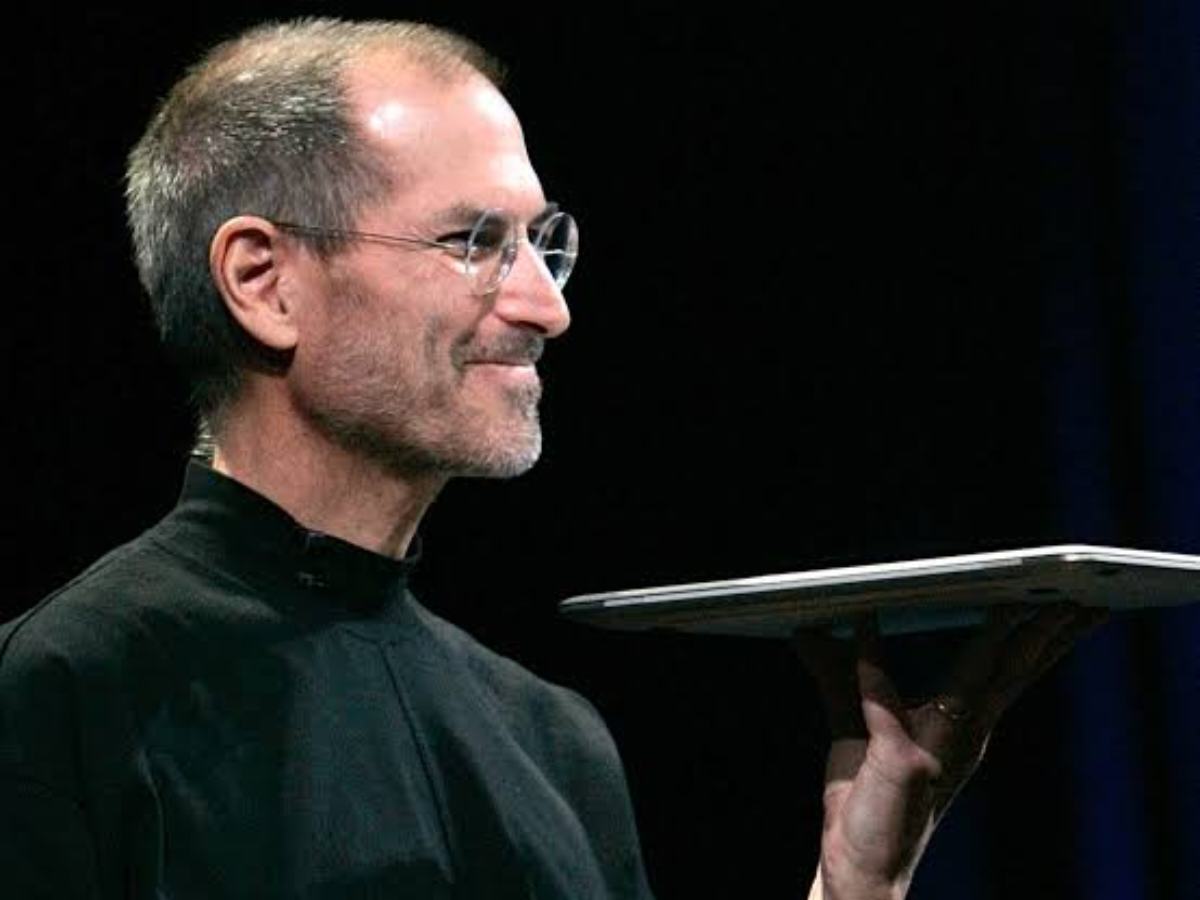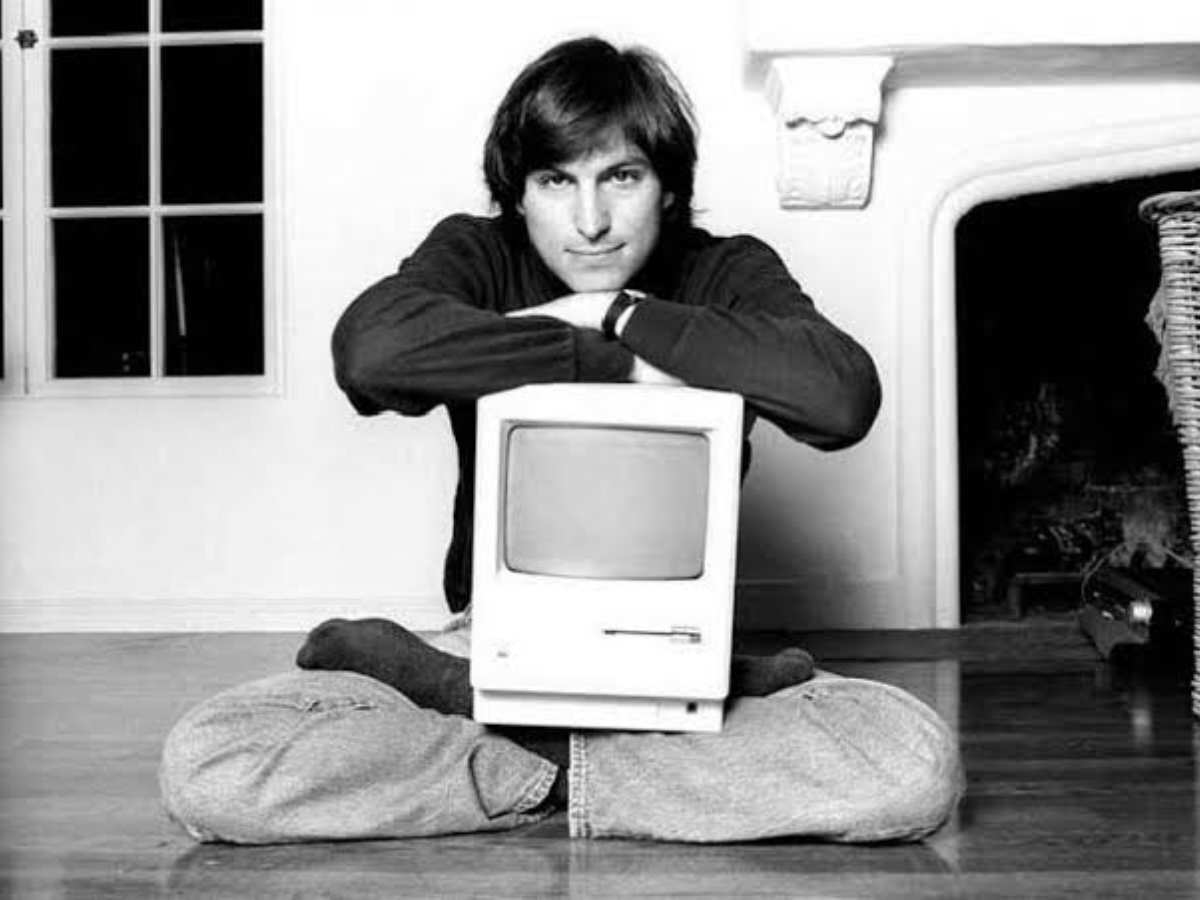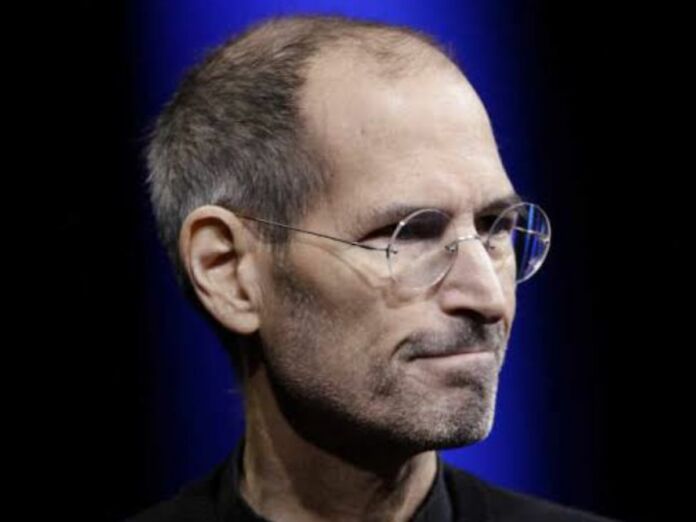In contemporary times, Apple Inc. has become one of the most accomplished tech companies. But the story of the origin of the company had a humble beginning. It was the vision of two men, Steve Jobs and Steve Wozniak, who propelled the beginning of the millennium’s biggest technological leap. In 1975, the two men founded Apple in Jobs’ parents’ garage and created the prototype of the Apple I, but the Apple II prototype created ripples in Silicon Valley.
“Death is very likely the single best invention of life,” said the Apple Founder, Steve Jobs, during his speech at Stanford University. People deemed him to be a visionary, and some people called him egoistic. But he was one of the powerful, invincible forces in the tech industry in the last two millenia. But, as he said, death is inescapable, and it took him early at the age of 56 in 2011. What was the reason for the death of one of the tech moguls?
Related: Steve Jobs’ Daughter, Eve Jobs Announces Her New Modelling Contract
Steve Jobs Died Of Neuroendocrine Cancer

On October 5th, 2011, Silicon Valley was shaken by the death of one of its most eminent personalities, Steve Jobs. He died at the age of 56 after battling cancer for seven years. However, when the copy of his death certificate was publicized, the reason that they cited was due to respiratory complications. The Santa Clara County Public Health Department stated that he suffered from a “metastatic pancreas neuroendocrine tumor for five years.”
In 2003, Steve Jobs was diagnosed with neuroendocrine cancer, which is the mildest form of pancreatic cancer. But he publicly declared it in 2004. Pancreatic cancer cannot be detected until it has spread to all organs. There are different types of pancreatic cancer. The one that Jobs had was neuroendocrine cancer.
Leonard Saltz, the chief of gastroenterology and medical oncology, explained how Steve survived for eight years with cancer. He said, “Survival for many years or even decades with endocrine cancer is not surprising.” In the case of endocrine cancer, “survival is measured in years, as opposed to pancreatic cancer, which is measured in months.”
In 2009, Steve Jobs received a liver transplant. The pancreas is close to that of the liver, and cancer obstructs the bile duct, which helps the pancreatic enzymes be released in the intestine. During his surgery in 2004, the doctors found cancer affecting the cells in the liver. So, they conducted a Whipple procedure. Though he got a kidney transplant, the new kidney hampered the immunosuppressants ability to fight off the growing cancer cells.
In Case You Missed: What Is Non-Hodgkin’s Lymphoma, The Cancer Jane Fonda Is Suffering From?
The Tech Giant May Have Developed Cancer In His 20s

Steve Jobs was diagnosed with cancer at the age of 49. But, one of his close doctors, Dr. John McDougall, said that Jobs may have developed cancer as early as his 20s. John talked to The Statesman, saying, “In his 20’s Jobs worked in Silicon Valley, the hub of US computer industry. He was exposed to all kinds of carcinogens.”
Dr. John MacDougall continued,“The electronic industry is full of germ, toxic metals like lead (Pb) and cadmium (cd). Lead causes cancer of ‘islet cell’ of the pancreas. Research studies from 1978 prove this. Jobs used to solder computers back then and soldering uses lead(Pb).”
The doctor also alleged that the doctors misdiagnosed cancer as kidney stones. He gave an instance from when Steve was in his 30s and 40s. During a meeting, the employees observed that his skin was yellow and in constant motion. He said, “Yellow skin is characteristically due to jaundice and jaundice is caused due to obstructions in the bile duct.”
Before getting diagnosed with cancer, the Apple founder complained about back and abdominal pain. But, the doctor concluded that it was due to stones in his kidneys. If the diagnosis could have begun earlier, it could have prevented Jobs’ death. It is because neuroendocrine cancer is the least deadly of all pancreatic cancers, and it can be cured with various drugs and therapy treatments.
You Might Also Like To Read: Sam Neill Tells His Fans To “Not Worry Too Much” About His Cancer Remission






